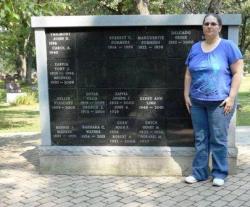
flipthescript
#flipthescript 2: Whose Script? Whose Voice?
See my last post, #flipthescript 1, for background on the phenomenon of the groundswell of adoptee voices emerging above the din during National Adoption Awareness


See my last post, #flipthescript 1, for background on the phenomenon of the groundswell of adoptee voices emerging above the din during National Adoption Awareness

Have you seen the #flipthescript movement taking place during National Adoption Awareness Month? Conversations in Adoption World have historically been dominated by adoption professionals and